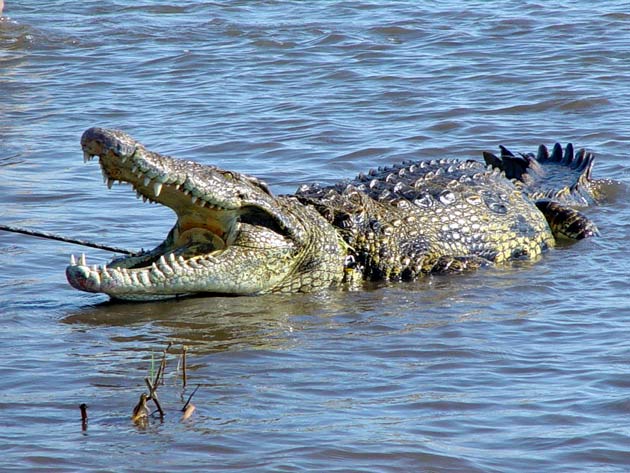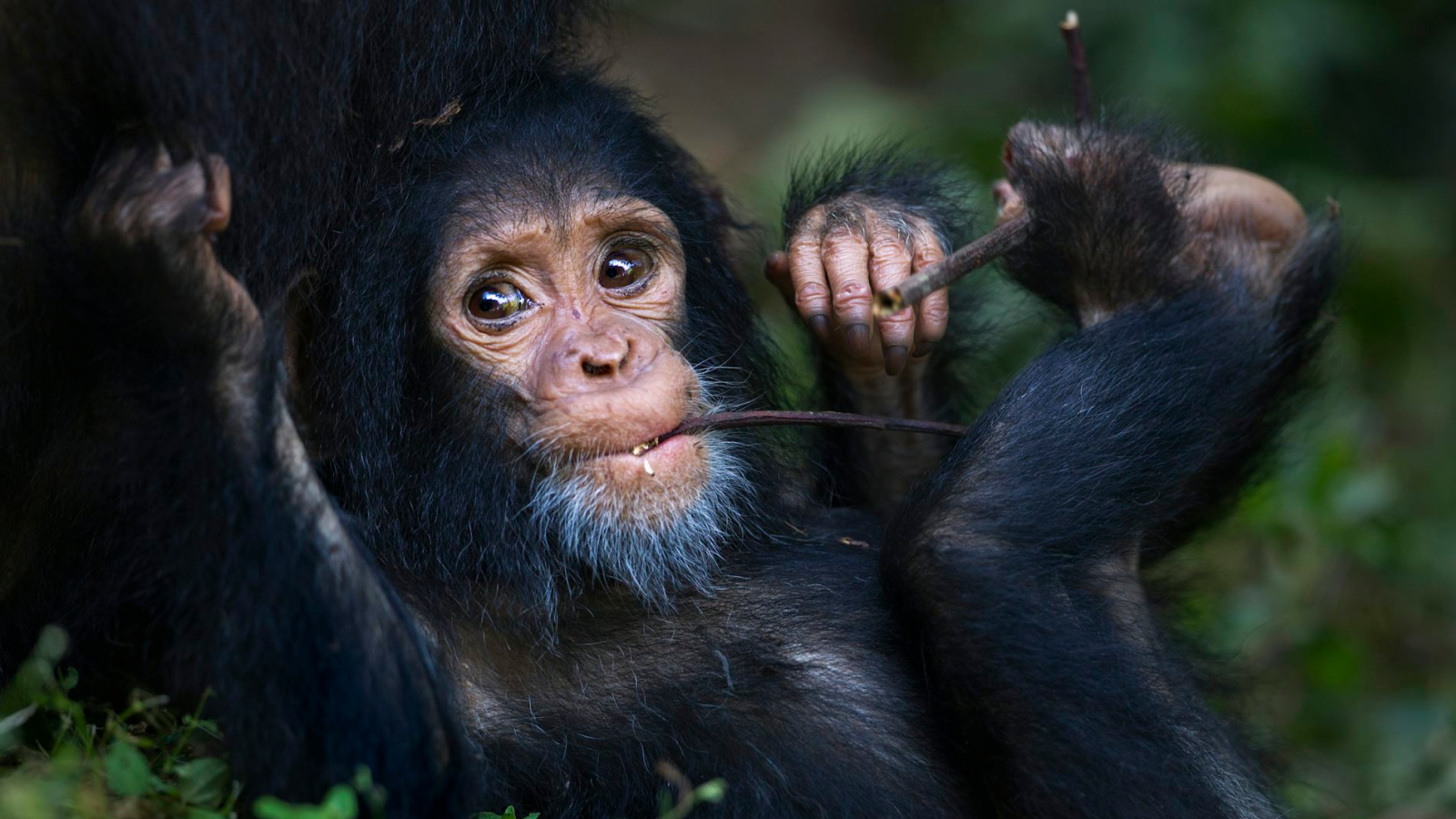Global Warming Could Doom Male Crocodiles

Rising temperatures could force the birth of more female crocodiles and fewer males, an expert said today. The scenario could cause some croc populations to disappear.
Crocodile gender is determined by temperature during incubation. Nest temperatures of 89.6 to 91.4 degrees Fahrenheit (32-33 Celsius) result in males. Anything warmer or cooler produces females. Temperatures typically vary from the top of a nest to the bottom, producing both genders.
"A difference of 0.5 - 1º [Celsius] in incubation temperature results in markedly different sex ratios," said Alison Leslie, of South Africa’s University of Stellenbosch. "More female hatchlings due to the cooler or hotter incubation temperatures could lead to eventual extirpation of the species from an area."
[VIDEO: Alison Leslie Explains her Findings]
Scientists generally agree that the planet is warming and will continue to do so for decades to come.
"If that increase actually takes place … it's going to increase the temperature of that incubation," Leslie said. "I think global warming is going to have a huge effect."
Leslie is the principal investigator of Earthwatch Institute’s Crocodiles of the Okavango Delta project in Botswana [image].
Get the world’s most fascinating discoveries delivered straight to your inbox.
Crocodile populations have dwindled dramatically in Botswana, due to overexploitation by hide hunters and conflicts with nearby communities.
"Even though crocodilians have been around for millions of years, and as important as these creatures may be in the systems they occupy, they are a much understudied species," Leslie said. Her findings will be presented Discovery Kids Channel presentation, "A Year on Earth," to air Dec. 3 and 10.
- VIDEO: Alison Leslie Explains her Findings
- New Crocodile-like Creatures Alter View of Ancient Earth
- Fishermen Catch Crocodile in Rio Grande
- Blog: Thank You, Steve Irwin
- All About Reptiles



